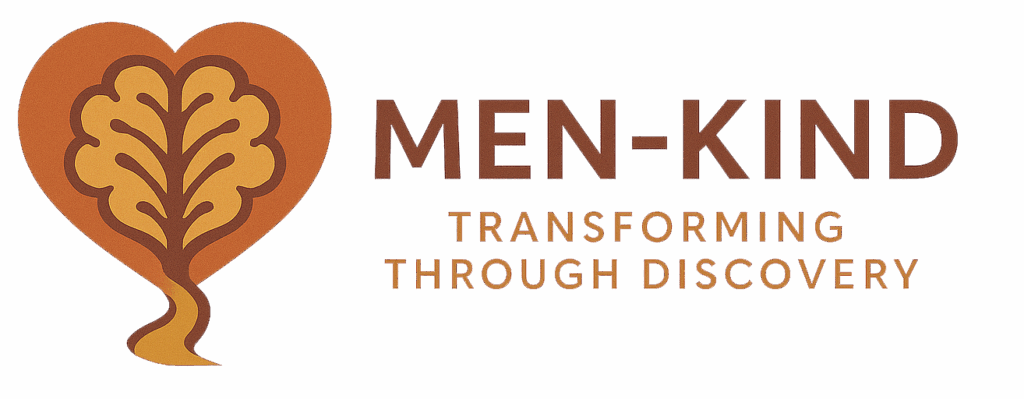Understanding men’s experiences and the way they engage with therapy requires us to look beyond stereotypes and into the heart of what it means to be a man in today’s world. For many men, societal expectations around strength, self-reliance, and emotional control create powerful barriers to seeking support. Growing up, boys are often taught to “man up” or “handle it,” which can leave them unprepared to recognize and express vulnerability. As a result, struggles with anxiety, depression, or life transitions frequently go unaddressed until they become overwhelming.
Therapy offers a confidential space where men can explore their inner lives without judgment. In this environment, clients learn that vulnerability is not a weakness but a doorway to greater self-awareness and resilience. By working with a therapist who understands the unique pressures men face—from career demands and family roles to shifting identities in a changing world—men begin to see their challenges as shared human experiences rather than personal failures. This reframing is often the first step toward healing.
The process of therapy for men often starts with building trust and safety. Many men benefit from approaches that integrate action-oriented strategies—like goal setting or practical exercises—with deeper emotional work. Somatic techniques, such as guided movement and breath awareness, can be especially helpful in bridging the gap between mind and body. By tuning into physical sensations, men learn to recognize stress responses early and develop healthier coping strategies that carry over into daily life.
As therapy progresses, men frequently discover new dimensions of their identity. They might uncover unspoken values, reassess long-held beliefs about success and worth, or reconnect with parts of themselves that were set aside in the pursuit of “being a man.” This journey often leads to stronger relationships, both personally and professionally, as men become more comfortable sharing their thoughts and feelings. Partners, children, and colleagues notice the shift—and trust deepens when authenticity replaces emotional reserve. Ultimately, understanding men in therapy means recognizing that each man’s path is unique. While some may seek help during a crisis, others embark on therapy to optimize performance, enhance leadership skills, or enrich personal growth. By honoring each individual’s story and integrating approaches that address body, mind, and purpose, therapy can become a powerful catalyst for transformation. In embracing this work, men not only heal themselves but also model courage and emotional intelligence for those around them.






